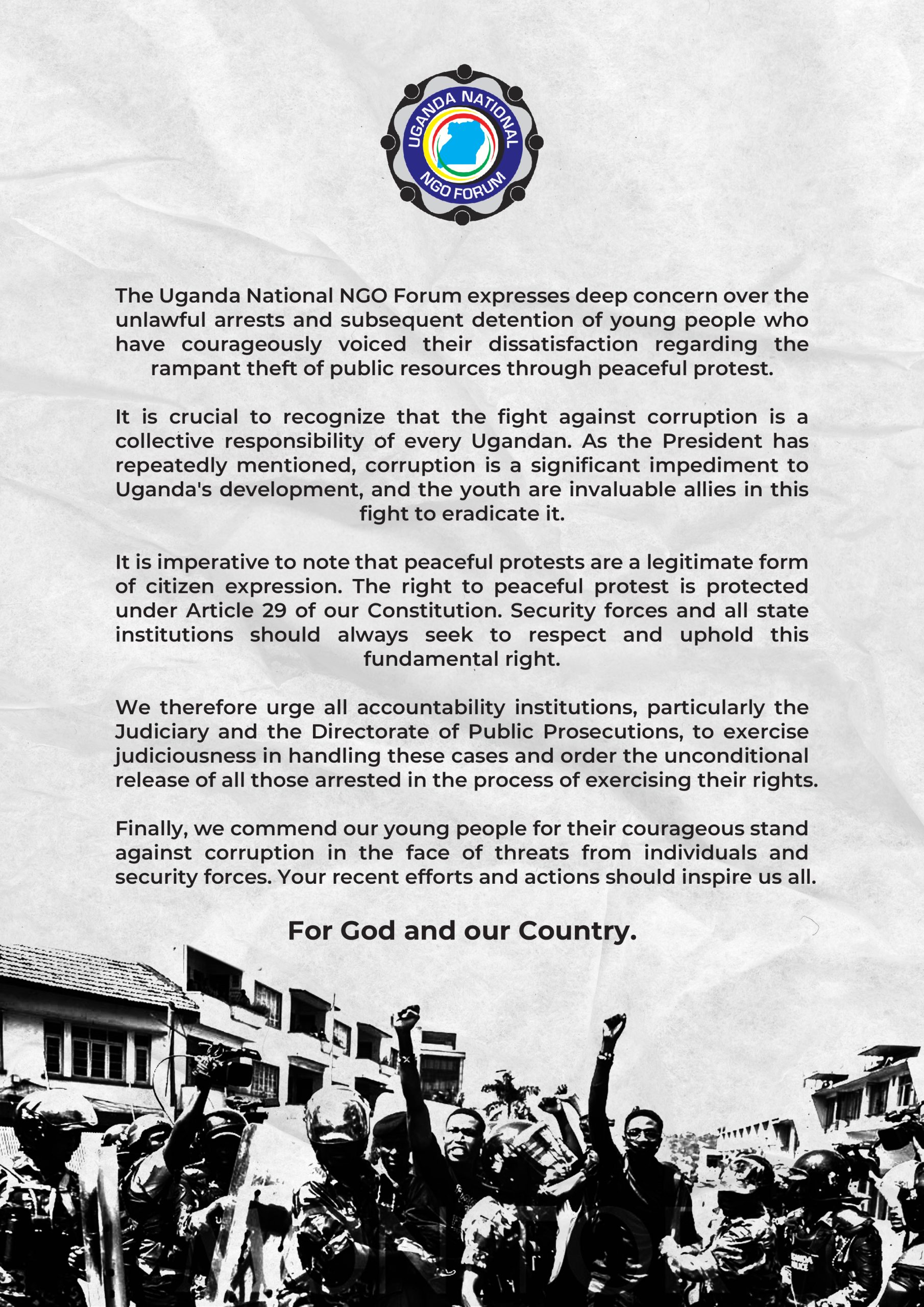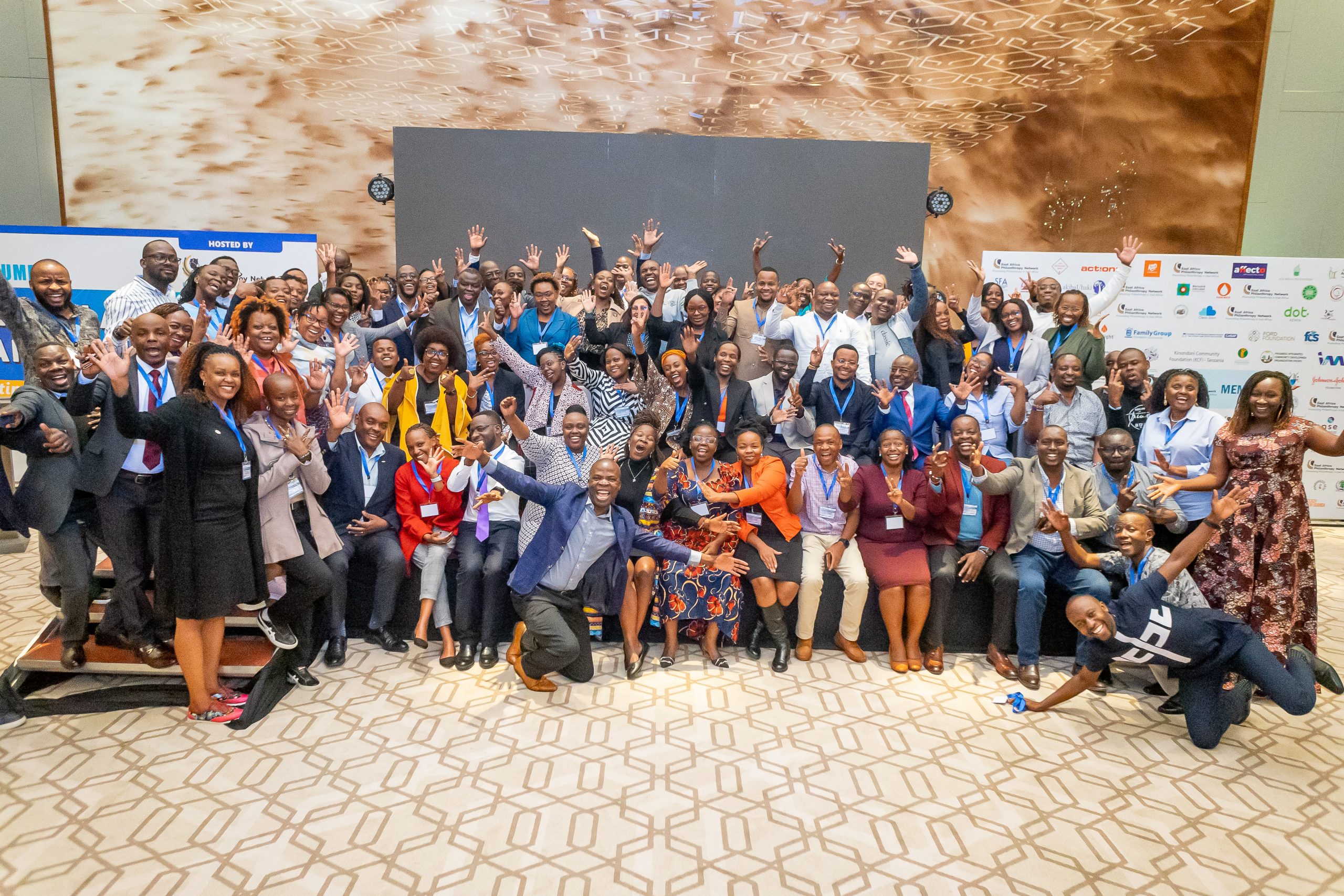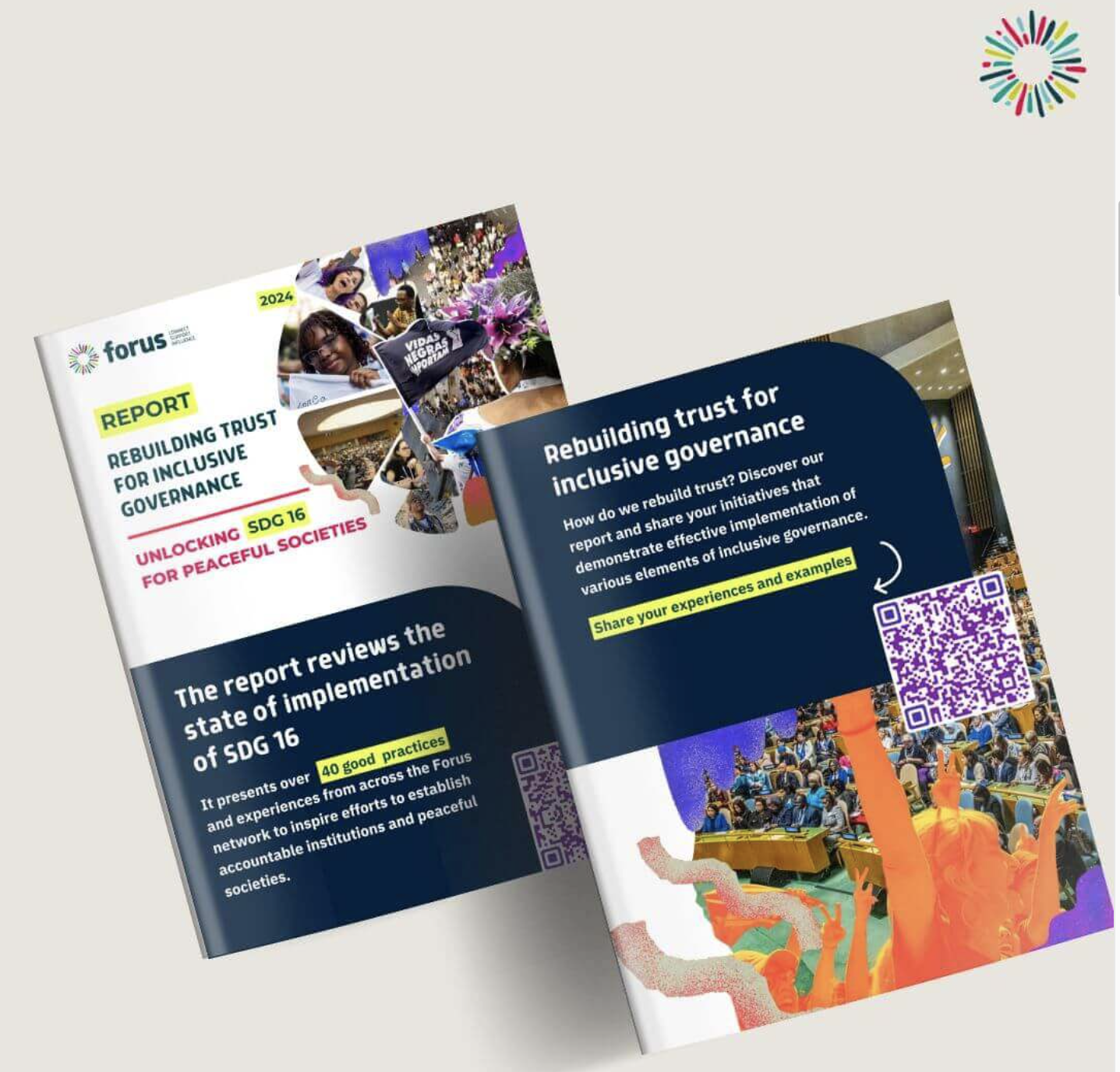Social Accountability In Practice; Information Highly Relevant
The Western region Social Accountability Learning event was held on 21st September 2015, organized by Uganda National NGO Forum (UNNGOF) in partnership with Western Ankole Civil Society Organizations Forum (WACSOF). Held at Catholic Social Centre, Mbarara this was the third meeting in the series on “Creating linkages between Local National and National Accountability platforms for effective advocacy”. The meeting engrossed over 50 representatives including.
Speaking to about fifty participants, including CSO representatives, local government officials and media from the region, Ms Sophie Kange, Coordinator, Capacity Development at UNNGOF emphasized the building blocks of social accountability, highlighting the information factor as highly relevant for successful social accountability. She affirmed that for ‘Voice’ to be impactful, it must be recognized and appreciated when amplified. Additionally, Ms. Kange recognized Negotiation as pertinent, considering the scarcity of resources intended to meet the never ending public needs. She summarized the significance of the social accountability building blocks as; the right Information needs a ‘Voice’ to be recognized and appreciated; and Negotiation must take place which after all determines the success or failure of the particular social accountability endeavors.
Ms Kange highlighted the key benefits of social accountability as; improved governance; improved public policies and services and empowerment of citizens for better and rational decision making. The foundation for successful social accountability is to have empowered citizens who know their rights and obligations. This informs their rational decision making capacity.
Participants were in agreement on the threats to successful social accountability; the perception that civil society is competing with political leaders to represent citizens’ issues in government; lack of negotiation skills among civil society advocacy groups; lack of knowledge on procedure to seek information from government; bureaucracy at Local Government and the lagging processes involved that limit citizens from seeking for information; fear among most Civil Society Organisations in associating directly with governance issues such as politics.
In a bid enhance their social accountability initiatives, participants affirmed that there’s need to; work collectively and share information to engage effectively; and involve the public in all processes by getting information from them and providing feedback to ensure articulate representation of public issues.
The Head of Programs, UNNGOF, Mr. Alfred Nuamanya acknowledged that social accountability is not the end all of accountability; there is political accountability where leaders are elected into power, and bureaucratic accountability which is also called formal.



